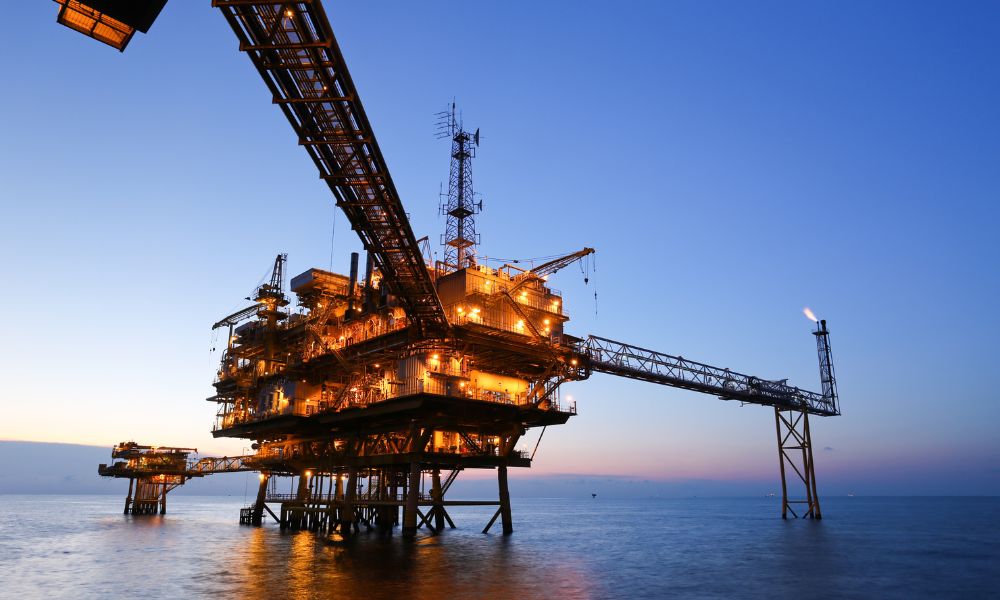Offshore industries, such as oil and gas, maritime, and offshore wind energy, are known for their challenging and high-risk environments. The combination of remote locations, extreme weather conditions, and complex machinery demands a skilled and safety-conscious workforce. This is where professional offshore training courses step in as a crucial component of ensuring both safety and competence among offshore workers. In this blog, we delve into the importance of offshore training and why it is a vital investment for both individuals and organisations operating in these industries.
Safety First
The primary and most compelling reason for offshore training is safety. Working in offshore environments presents a unique set of risks, from fire hazards on oil rigs to rough seas on maritime vessels. Offshore training equips workers with the knowledge and skills needed to identify and mitigate these risks effectively. Whether it’s learning emergency response procedures, mastering survival techniques, or understanding the safe operation of equipment, offshore training is the foundation upon which a culture of safety is built.
Compliance with Regulations
Offshore industries are highly regulated, with strict standards and regulations in place to protect both workers and the environment. These regulations often mandate specific training requirements for different job roles. Failing to comply with these regulations can result in legal penalties, operational shutdowns, and reputational damage. Offshore training ensures that workers meet the necessary qualifications and certifications required by industry and government authorities.
Competence and Efficiency
In addition to safety, offshore training enhances the competence and efficiency of workers. Offshore environments demand specialised skills and knowledge, from operating complex machinery to performing technical maintenance tasks. Training ensures that workers can carry out their duties effectively, reducing the likelihood of errors, accidents, and downtime. Competent workers are not only safer but also more valuable assets to their employers.
Emergency Preparedness
Offshore environments are susceptible to emergencies such as fires, equipment failures, medical crises, and extreme weather events. Offshore training prepares workers to respond calmly and effectively to these emergencies, potentially saving lives and minimising damage. Helicopter underwater egress training (HUET), for example, equips offshore personnel with the skills needed to survive an aircraft ditching at sea.
Career Advancement and Opportunities
For individuals, offshore training opens doors to rewarding and well-paying careers in industries with strong demand for skilled workers. Training and certification can be a stepping stone to better job opportunities and career advancement. Moreover, many companies prefer to hire workers who are already trained, as it reduces the cost and time required for on-the-job training.
Environmental Responsibility
Offshore industries have a significant impact on the environment. Proper training includes instruction on environmental protection and compliance, ensuring that workers are aware of their responsibilities in safeguarding marine ecosystems and complying with environmental regulations.
Industry Reputation
Offshore industries operate on a global scale, and reputation matters. Companies that prioritise offshore training send a clear message about their commitment to safety, quality, and professionalism. A positive reputation can attract customers, investors, and partnerships, while a poor reputation can lead to negative consequences.
In conclusion, offshore training is not just a box to be checked; it’s an investment in safety, competence, and the overall success of offshore operations. It protects lives, ensures compliance, enhances efficiency, and opens doors to rewarding careers. In a world where offshore industries play a vital role in meeting energy needs and other essential services, the importance of offshore training cannot be overstated. It is the key to navigating safer, more competent, and more responsible offshore environments.

